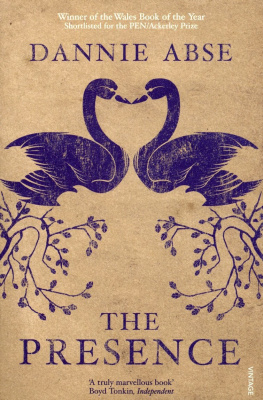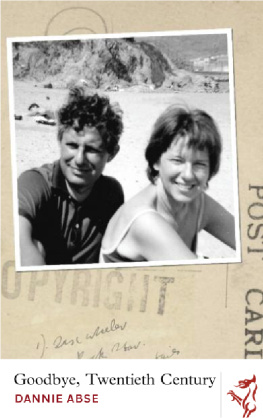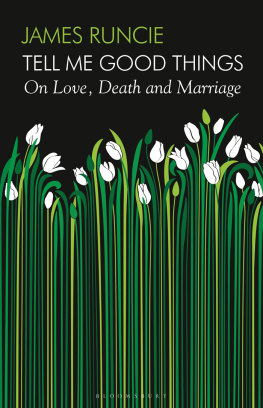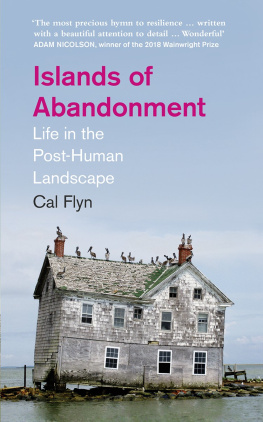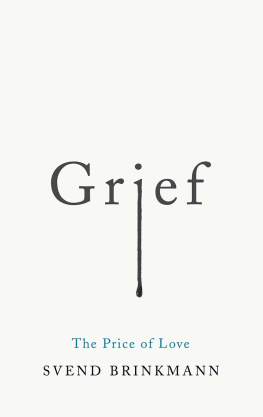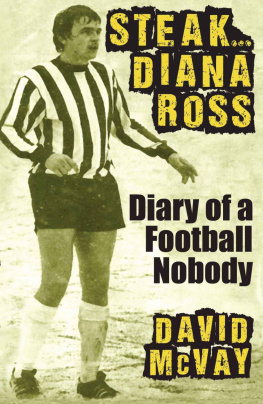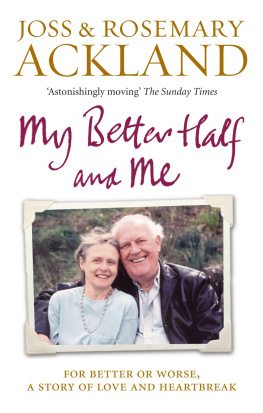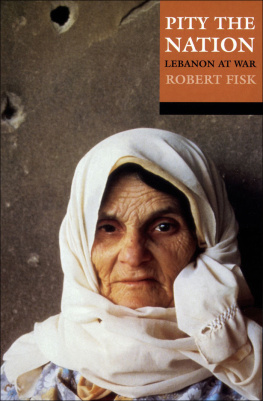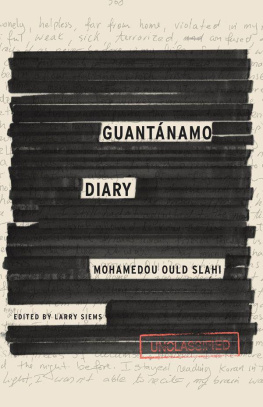Contents
About the Author
Dannie Abse was for many years a chest specialist in a London clinic. A poet, novelist and playwright, he has written and edited more than sixteen books of poetry, as well as books about medicine. He is the author of Ash on a Young Mans Sleeve and several autobiographical volumes, the most recent of which, Goodbye, Twentieth Century, was published by Pimlico in 2001 to critical acclaim. His most recent novel, The Strange Case of Dr Simmonds & Dr Glas was published in 2002 and long-listed for the Booker Prize. In 2003 his New and Collected Poems received the Special Commendation of the Poetry Book Society, and Running Late received the Roland Mathias Prize in 2007.
ALSO BY DANNIE ABSE
Poetry
Walking Under Water
Tenants of the House
Poems, Golders Green
A Small Desperation
Funland and Other Poems
Collected Poems 19481976
Way Out in the Centre
Ask the Bloody Horse
White Coat, Purple Coat: Poems 19481988
Remembrance of Crimes Past
On the Evening Road
Arcadia, One Mile
New and Collected Poems
Running Late
Editor
The Hutchinson Book of Post-War British Poets
Twentieth Century Anglo-Welsh Poetry
Voices in the Gallery (with Joan Abse)
The Music Lovers Literary Companion (with Joan Abse)
Plays
The View from Row G: Three plays
Novels
Ash on a Young Mans Sleeve
Some Corner of an English Field
O. Jones, O. Jones
There Was A Young Man from Cardiff
The Strange Case of Dr Simmonds and Dr Glas
Other Prose
Medicine on Trial
A Poet in the Family
A Strong Dose of Myself (Confessions Stories, Essays)
Journals from the Ant Heap
Intermittent Journals
Goodbye, Twentieth Century
The Two Roads Taken
For Keren, Susanna and David. Without their encouragement this book would never have been finished. I must also thank Jeremy Robson, Sin Williams, Tony Whittome and Robert Kirby for their warm, sustained and supportive interest. Larne Abse Gogarty, my granddaughter, kindly typed out the manuscript.
D. A.
DANNIE ABSE
The Presence
like many people who grieve, I was living in the presence of an invisible being.
Elaine Pagels
What really belongs to a man, in life, except what he has already lived?
Cesare Pavese
JOAN ABSE
From the Guardian, Saturday June 18th 2005
THE WRITER AND art historian Joan Abse, who has died in a traffic accident at the age of seventy-eight, was a woman who managed to marry her political and aesthetic beliefs with both her work and the way she lived her life.
Born Joan Mercer in St Helens, Lancashire, she was educated at the local grammar school. She was politically active early in life, and became branch secretary of the St Helens Independent Labour party at the age of fourteen, the beginning of a long association with that strand of left-of-centre politics closely allied to pacifism and the anti-nuclear movement.
Joan was an early and long-standing member of CND and a supporter of the Greenham Common protesters. Her antipathy to war was unwavering, and in 2003 she participated in the Stop The War march in London.
Evacuated to Cambridge during the Second World War, she completed her education at the London School of Economics under Harold Laski; she met the poet and doctor, Dannie Abse, whom she married in 1951. She worked for several years as a librarian at the Financial Times before the arrival of the children, Keren, Susanna and David. About this time, she and Dannie put down roots in Golders Green, where the family remained.
Besides her family, political and other commitments, Joan enrolled as an adult student at the Courtauld Institute, where she took an MA in art history under Anita Brookner, the foundation for much of her later writing. Her wide-ranging knowledge of art, especially of painting over the past seven centuries, underlay her intelligent and accessible gazetteer, The Art Galleries Of Britain And Ireland: A Guide To Their Collections (1975).
That work of reference was supplemented by Voices In The Gallery (1986), an anthology of poetry responding to art in the Tate and in other leading galleries, which she co-edited with Dannie. Her interest in the ways in which art forms mesh also produced The Music Lovers Literary Companion (1988), again co-edited with Dannie.
Her own publications included My London School Of Economics (1977), a volume in a series of anthologies about universities, and Letters From Wales (1999), on which I worked with her as publisher. The book was adapted for radio, and it demonstrated her great editorial talent and scholarship.
Joans outstanding work was John Ruskin: A Passionate Moralist (1980), a biography acclaimed on both sides of the Atlantic, and still a key work. Many of Joans own interests, political, literary and artistic, were central to Ruskins achievement. His desire to open up the world of art to the common man and progress the debate about art in a social context chimed with his biographer. She identified with Ruskins championing of the unfashionable (including Turner), his ability to look beyond visual art into literature and society, and his challenge, by personal example, to the public and the salon to reappraise their taste and their lives.
The biography is an outstanding work of art history and reading of personality. My copy, a present from Joan, included a note of typical gentle humour and modesty: You dont have to read the enclosed but, of course, you will benefit enormously if you do! I did.
Joan was also an enormous influence on Dannie. Her perspicacity and intelligent reading of his poetry, fiction, journals and plays was hugely important; he would otherwise have been a different writer. Together they provided each other with a sustaining platform on which to work; they had shared values.
The aid Joan gave was sometimes very practical. Dannie liked to tell of his young son, David, entering his study with a friend. He pointed out a row of books, all by his father: Do you see those books over there? asked David. Dannie quickened with pride. My Mum typed all of them.
Those who knew Joan are unanimous in their acknowledgement of her kindness, generosity and attentiveness, and of her elegance. She was admired for her practicality, her commitment to her beliefs, her support of others, and the way she was at ease with herself. She was a contemporary woman, engaged, compassionate and inspiring to so many who met her or read her work.
Her family and all who knew her must reconcile themselves with the abrupt end to her life in south Wales, returning from an enjoyable poetry reading. We will do well to look at her loss through her own eyes.
Dannie, who was injured in the accident, and their children survive her.
Mick Felton
Joan Abse, art historian, born September 11th 1926; died June 13th 2005
September 22nd 2005
The past survives however much one tries to drive it down and away from ones consciousness. It rears up provoked by something overheard or a scene, a place, an object, a tune, a scent even. It is inescapable. But I think how I must count my blessings, though it would have been better if Joan not I had been the one who had crawled out of that capsized car. She would have been much more self-sufficient. Count your blessings, son, my mother used to say. A clich. At times of stress, clichs, family sayings, proverbs, are drawn to the mind like a magnet. I do count my blessings: at night, though I dont sleep well, I am able to lie on my right side now that the stress-fractures of the right thoracic cage have healed; the scar on my chin and neck are hardly visible; my left thumb, though oddly angled, is less troublesome and it is no bad thing that Ive lost a stone in weight. Presumably the latter is due as much to my increased metabolic rate as it is to the lack of Joans tempting and nutritious cooking. At least I hope I havent developed an over-active thyroid. I take my pulse and note it is raised though not alarmingly so. Do I write all this down as an aide-mmoire for my future self?

